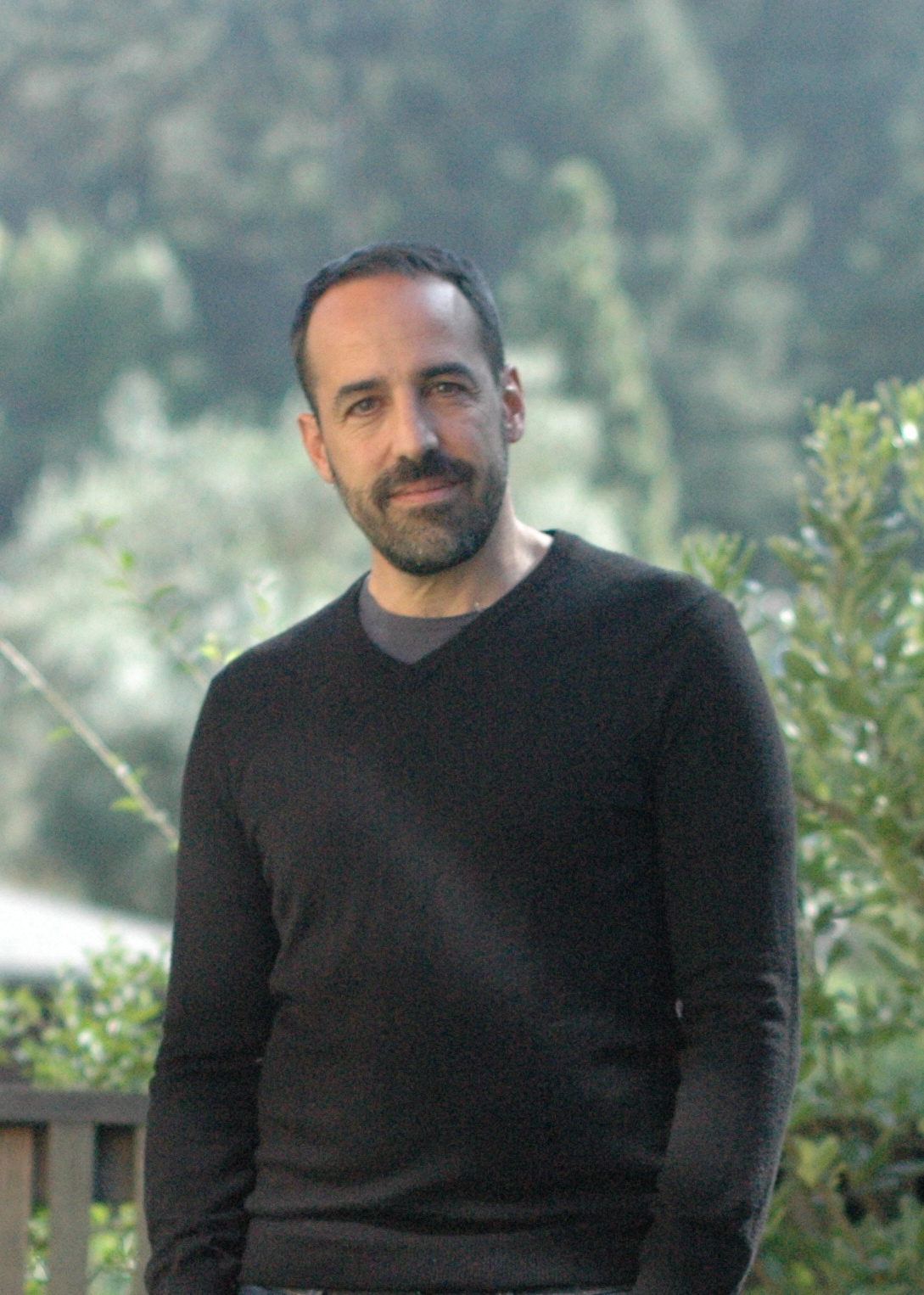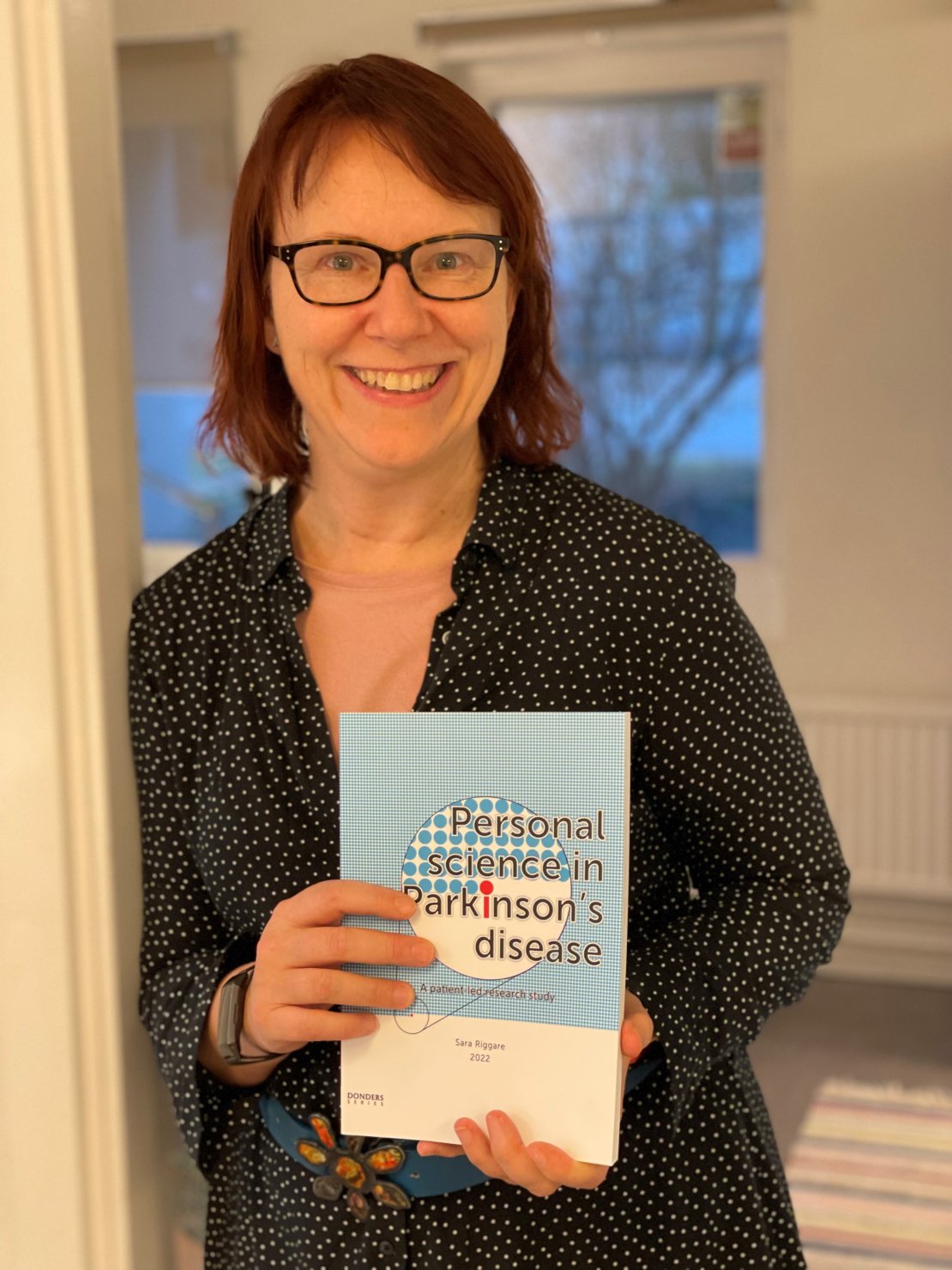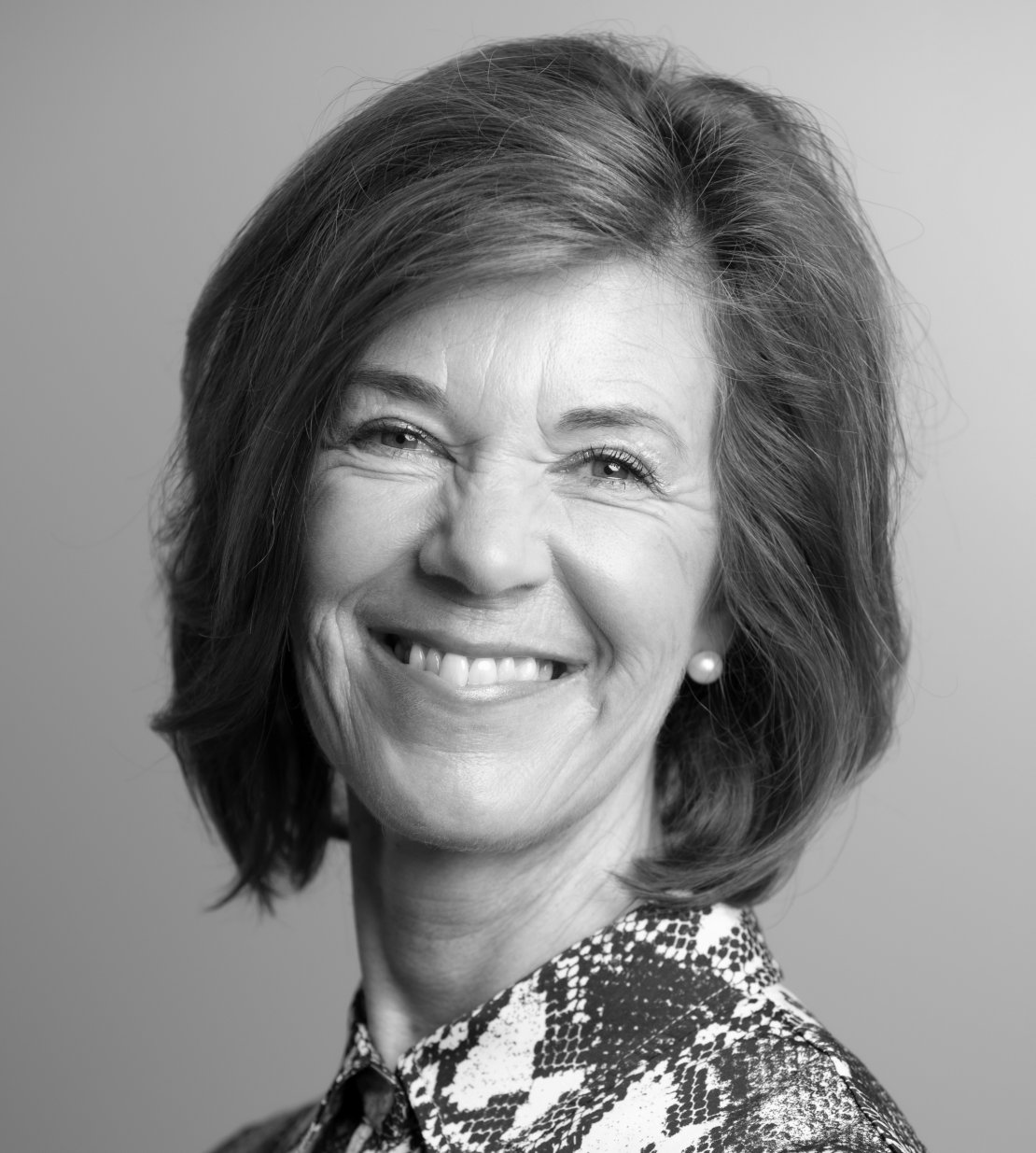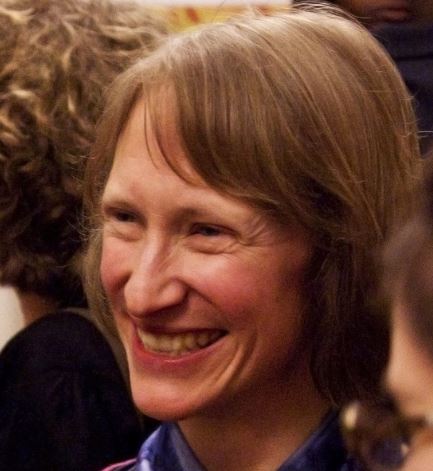Sunday 29 October
18.00 – 19:15 Opening keynote speakers: Gary Wolf & Sara Riggare
Title: Personal Science: A Practical Approach Bringing the Virtues of Citizen Science Forward Into Digital Health
Abstract:
Over the past three decades, citizen science within the field of health has experienced fluctuations in research interest. Initially, there was a growing recognition of the importance of patients’ active participation in their own care. However, more recently, there has been a shift towards a focus on big data and algorithmic decision support.
In this opening presentation we'll argue for a new practice-oriented approach that brings the virtues of citizen science into digital health. These virtues include empowerment, access, and involvement in construction of our common future. Personal Science is the practice of empirical self-research that strengthens the ability of patients, families, and their allied health professionals to make meaningful health discoveries in daily life.

Bio Gary Wolf:
Gary Wolf is an author, researcher, and founder of Quantified Self. Wolf is currently the director of Article 27, a nonprofit foundation supporting participation in science. He is a member of the Personal Science Research Group, and, with colleagues, has contributed to numerous projects and publications on self-research and self-tracking. Previously, Wolf was founding executive editor of Wired Digital and a contributing editor at Wired magazine, a Knight Journalism Fellow at Stanford University, and a visiting professor at the School of Communication, Media and Information Technology at Hanze Technical University in The Netherlands. This fall he is at work on a book called Personal Science: Learning to Observe, due out from Workman Publishing in 2024.

Bio Sara Riggare:
Sara Riggare is a Swedish researcher and Parkinson's disease advocate who has made significant contributions to the field of healthcare and patient empowerment. Diagnosed with Parkinson's disease at a young age, Sara embarked on a remarkable journey to not only manage her own condition but also revolutionize the way patients engage with their healthcare. With a background in engineering and a PhD in medical science, she combines her unique perspectives to bridge the gap between patients and healthcare professionals. Sara Riggare's work has inspired countless individuals, empowering them to take an active role in their health and fostering a more patient-centered approach to medicine. Sara is a member of the Personal Science Research Group.
Monday 30 October
9:45-10:45 Keynote speaker Tineke Abma
Title: The Participatory Turn in Health Research. Its Roots, Methods, Ethics, Validity and Future
Abstract:
Citizen Science and Participatory Action Research (PAR) for health and social wellbeing are of great interest to citizens, policy makers and researchers. PAR aims to be democratic, inclusive and impactful. It is about research with rather than about people. And it is action-oriented: PAR aims to contribute to concrete solutions by developing joint actions to improve the lives and work of those involved, reflecting and learning from collective actions. All this with a view to social inclusion and social justice. In this keynote Abma discusses the intellectual roots, ethics, validity and future of the participatory turn in health research. Using various examples from healthcare and health promotion for various target groups (children, the elderly, people with chronic conditions), she shows that PAR is more than a methodological-technical exercise. Participatory research is a relational and socio-political process in which existing power relations shift to create a space for new voices and others kinds of knowledge (experiential, practical, artistic knowledge). Striving for democratic decision-making and collaboration includes seeing and considering ethically salient dilemmas and moral reflection. The goal of PAR is to learn together and move beyond standard solutions. This is challenging for everyone, especially for professionals who are confronted with citizens who provide feedback and ask for the (partial) letting go of fixed professional frameworks. Discomfort and uncertainty then arise, but this 'mess' (no longer knowing what is good and necessary) is productive in achieving renewed insights and innovations.

Bio Tineke Abma:
Tineke Abma is Executive-Director of Leyden Academy of Vitality and Ageing and Professor ‘Participation of Older People’ at the dept. of Public Health & Primary Care at Leiden University Medical Centre. Recently, she held her inaugural lecture ‘The Art of Belonging.’ Formerly, she was Professor ‘Participation & Diversity’ at the dept. of Medical Humanities at Amsterdam University Medical Centre, and Endowed Professor ‘Client Participation in Older-Person Care.’ She has been researching themes closely related to patient participation, participatory action research, ethics and diversity in the context of healthcare. Her work is aimed at improving the participation and social inclusion and quality of life of (older) people, especially those in marginalized positions. She received the Crebolder award for the Societal Impact of her work. Dutch Abma is the author of many publications and multiple books, including ‘Evaluation for a Caring Society’ (IAP Press, 2018) and ‘Participatory Research for Health and Social Well-Being’ (Springer Nature, 2019).
Website: https://www.theartofbelonging.nl/
Website: https://www.leydenacademy.nl/tineke-abma/
Tuesday 31 October
11.00-12.00 Keynote speaker Susannah Mayhew
Title: First responders in public health crises: experiences from Africa and reflections on citizen engagement
Abstract:
The scale and devastation of the Ebola epidemics in West Africa in 2013-16 and Democratic Republic of Congo from 2018-20 was unprecedented. The shortcomings of the global response, when it came, was unfortunately not unprecedented. However, it did spark more soul-searching than usual from the international public health and humanitarian communities. Core to this was a recognition of the need to understand how better to engage frontline healthcare providers and citizens during crisis-response. Although “community engagement” has been a mantra for some time in humanitarian and public health work, their responses to crises are hampered by rigid hierarchy and processes and have rarely succeeded in moving much beyond talking to (or at) citizens. Despite this there are many positive examples of citizen science at work in Africa.
This address will discuss examples of how citizens in Sierra Leone were involved in, and changed the shape of, the Ebola response and how citizen science is being used in other public health efforts in sub-Saharan Africa. Finally, it will reflect on the deficiencies in the UK’s covid-19 response which could have been avoided if lessons had been learned from those involved in the Ebola outbreaks. Important citizen engagement lessons for all countries can and should be learned from Africa.

Bio Susannah Mayhew:
Susannah Mayhew is a professor in Faculty of Public Health and Policy at the Londen School of Hygiene & Tropical Medicine (LSHTM). She is on the Advisory Board of the Centre for International Health at the University of Bergen and is vice-Chair of the Health Systems Global Thematic Working Group on Climate Resilient Health Systems.
She lived in West Africa for a number of years (and was born in Ghana) and has conducted research in a variety of countries across sub-Saharan Africa and South-East Asia including Ghana, Eswatini (then Swaziland), Kenya, Sierra Leone, Uganda and Pakistan. From 2015-2018, she was head of the Department of Global Health and Development, having previously been head of the Anthropology, Policy and Politics Group in that Department. She is currently co-Director of LSHTM’s Maternal Adolescent Reproductive and Child Health (MARCH) Centre.
Prof. Mayhew’s work has included research on perspectives of healthcare providers and health service users – including young people – on reproductive health issues in Africa and Asia; the importance of learning from first-responders during Sierra Leone’s Ebola crisis; and how villagers in rural Uganda are adapting to the challenges of climate change.
Currently, she works primarily on cross-sector responses to climate and health challenges, including zoonotic outbreaks, with a focus on how to research and strengthen community engagement. Susannah is also leading a multi-partner NIHR-funded Global Health Research Group, PARES (Partnerships for Resilience), researching community-shaped health systems responses to climate and health challenges in sub-Saharan Africa, with a strong focus on community co-production: http://lshtm.ac.uk/PARES.

